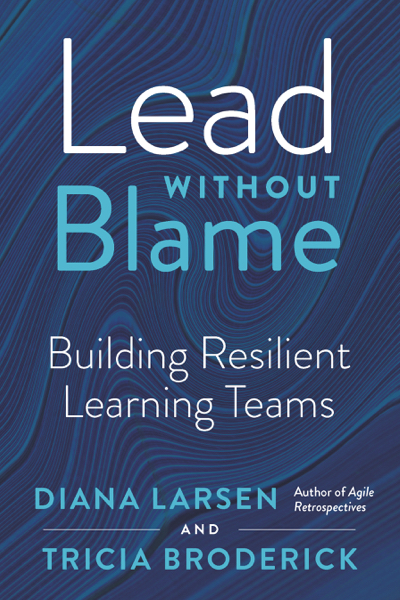This is a book “review” or really my comments of Think Again by Adam Grant.
First, I put review in quotations because I’m no true reviewer. I will share my opinions but they are strictly my opinions. I highly recommend always reading for yourself.
Second, I do not get paid for this. I had heard a number of people reference this book. So I made a purchase and bumped it up along my reading list. Complete side note – my reading time during covid has been horrific overall.
Now disclaimers aside, this might be one of my favorite books in a while…here’s why:
Honestly, I’m struggling with where to even start. There are so many insights I gained that I’m feeling overwhelmed in what was the most important. So forget prioritization – here’s a list of value…
- Learned concise language that highlights why helping people explore change is difficult: Confirmation bias (see what we expect) and desirability bias (see what we want) contorts our intelligence into a weapon against truth and resistance to change. Attachment to opinions that become part of our identity is dangerous – as our willingness to rethink because it is core to who we think we are. Instead, attach opinions to principles that grow and evolve over time with new experiences/information.
- I’ve always had a love/hate relationship with my imposter syndrome. In some ways, it causes me doubts but it also challenges me to grow. I’ve been looking for the next level of this as it relates to me today and I really appreciated the concept of confident humility: having faith in our capability while appreciating that we don’t know everything.
- Amazing tips about how to engage in conflict discussions. An example: The sentiment “just the facts – no emotions” drives me bonkers. Sometimes, the facts are the emotions and impact. But even I can be guilty of being what is coined a “logic bully”: trying to highlight every fact to make the point. The problem here is it only takes one “fact” that is considered false to negate any other information shared. Really stop to consider what is the key information in a discussion that needs to be made visible to help people think. There are so many in this book that has helped me with my work in interrupting microaggressions.
-
We don’t value learning as a society as much as we value expertise/knowing. We ask kids what they want to be when they grow up, when as adults, we may be changing careers numerous times. We don’t actively seek differences. We don’t proactively determine how to challenge the status quo. I’ll be asking the “is this still serving me?” checkup frequently.
- The part I didn’t like: Nothing. I really really valued this content.
Overall, I would HIGHLY recommend this book for really everyone. Do a book club on this!
Time to start being willing to Think Again!




